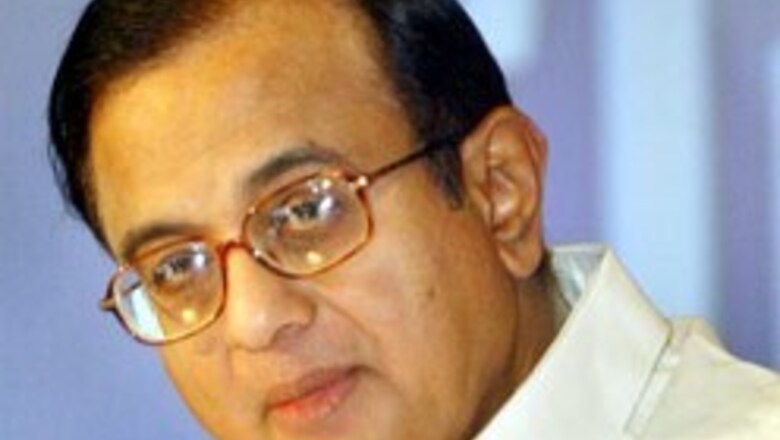
views
New Delhi: The Government on Thursday banned the export of pulses and permitted the private sector to import wheat and a limited amount of sugar as part of efforts to curb the prices of food items.
The decision was taken after the Cabinet Committee on prices met on Thursday to discuss price rise and ways to tackle it.
"Wheat, pulses and sugar are driving prices up, therefore, the decision has been taken to augment the supply side. We are confident that with these decisions inflationary expectations will be dampened," said Finance Minister P Chidambaram after the meeting.
"The export of pulses will be halted with immediate effect," he said.
Traders have been demanding wheat imports by actual users like flour millers, bread and biscuit makers at lower duty.
Currently wheat imports are allowed at 60 percent duty, which traders say is unviable. The Government this month floated tenders for the import of 2.2 million tonnes of wheat and has received bids for the supply of about three million tonnes.
It has also awarded contracts for the import of 1.2 million tonnes of wheat, mainly to augment government stocks. But the measures have so far failed to bring down prices.
Most wheat futures contracts on the domestic exchanges fell by 90-140 rupees per tonne after Thursday's cabinet move.
The Cabinet Committee on Prices has also decided to import sugar before September 30, which is the end of current season and before the start of next crushing season.
This would be under Tariff Rate Quota Principle (TRQ), Chidambaram said adding the tariff rate and quantity will be decided later and announced shortly.
"A lot of time was spent on addressing the issue of prices. It was felt that these three primary articles (wheat, pulses and sugar) are showing a rising trend," he said.
Chidambaram said the inflation rate on the manufactured articles was low though fuel sector had shown an increase due to rise in prices of petrol and diesel.
The Government also allowed sugar imports at easier duties under the tariff rate quota to stem high sugar prices despite a bumper sugar output, forecast at close to 19.5 million tonnes in the year ending September 2006.
Chidambaram said private firms would be allowed to import pulses at zero duty and any small exports of pulses taking place now would be immediately stopped. India is a net importer of pulses.



















Comments
0 comment